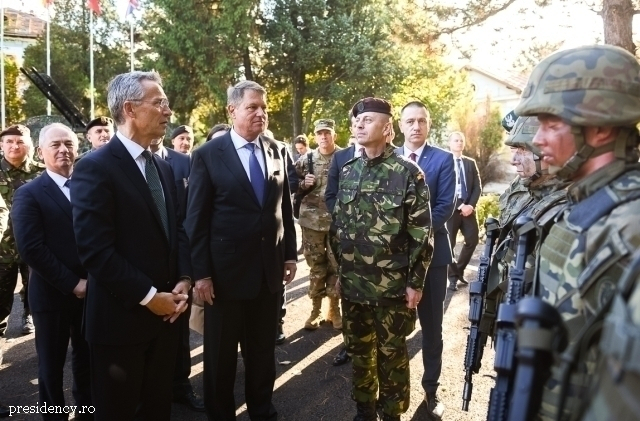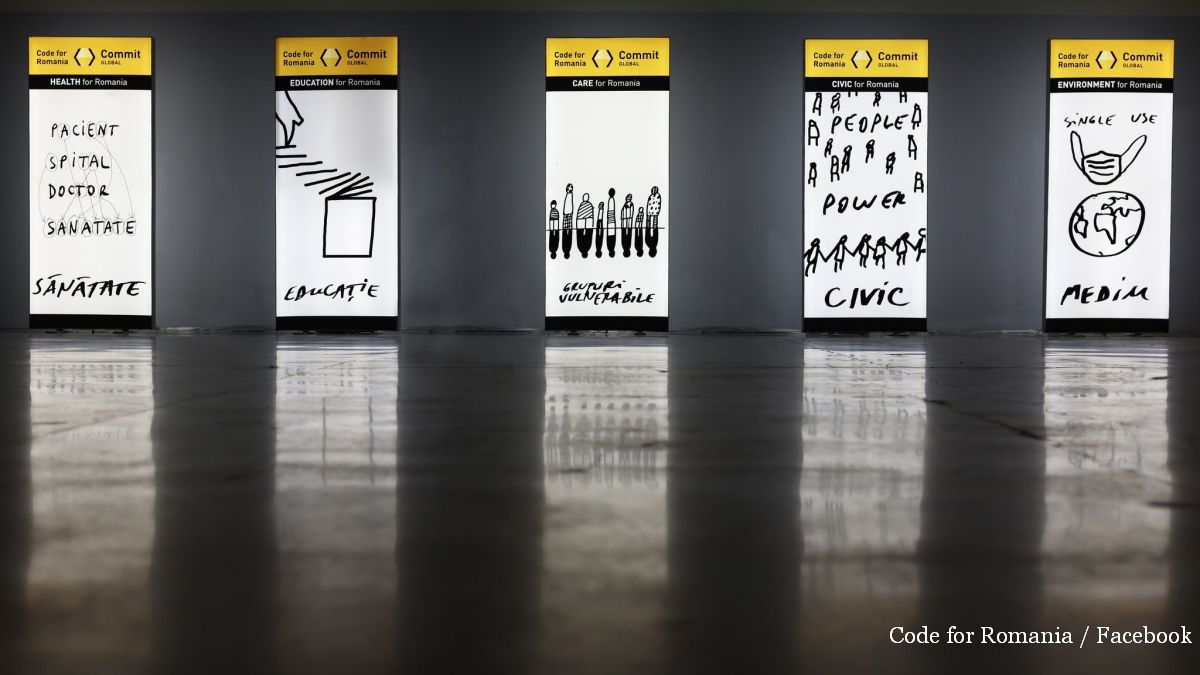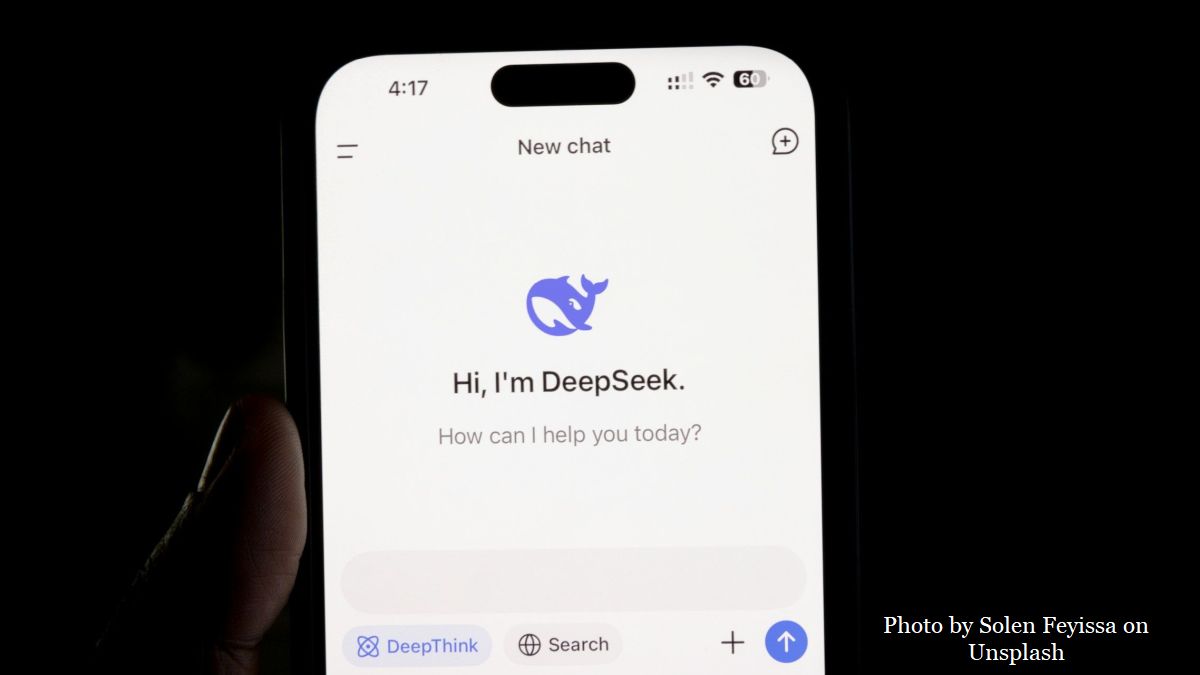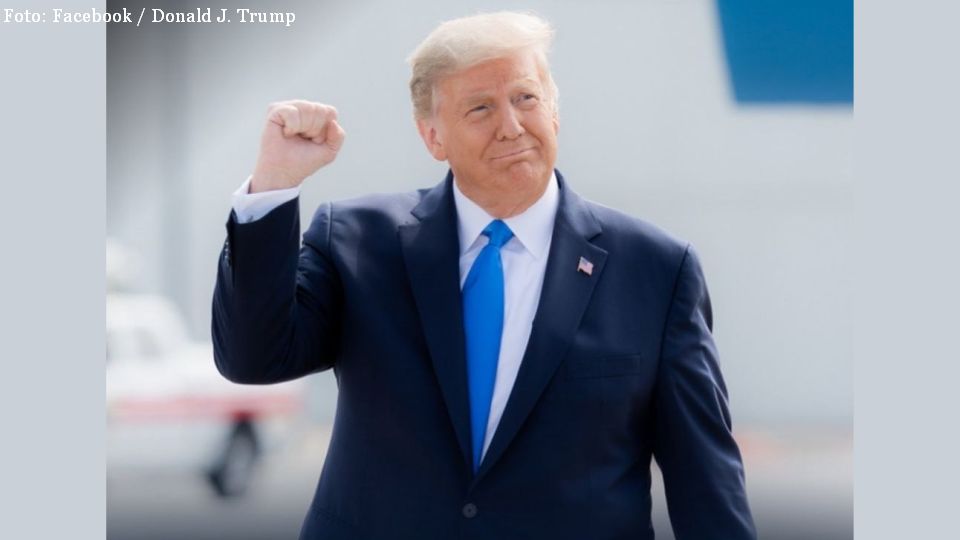The Future Starts Today
70 years since its inception, with its extraordinary ability to adapt along the years to the world security environment, NATO remains the most important guarantee for the security of its members against threats that may arise within and without the borders of its member countries. At present, the alliance has around 20,000 troops involved in operations and missions around the world, terrestrial, aerial, and maritime. NATO is leading the operations in Afghanistan, Kosovo and the Mediterranean area. It is involved in air patrolling on the alliances eastern border, in training missions in Iraq and supports the African Union, according to the alliances website. The group has 29 member states, and Romania has been one of them for the last 15 years. In an unprecedented move in the history of the group, its secretary general, Jens Stoltenberg, has addressed the US Congress, with the aim of reducing tensions caused by criticism leveled by President Trump. The fact that NATO allies have increased their defense spending is appreciated by the US leader, but he has said he would like European countries to contribute more, because, according to him, the US contribution is disproportionately large.

România Internațional, 12.04.2019, 13:12
70 years since its inception, with its extraordinary ability to adapt along the years to the world security environment, NATO remains the most important guarantee for the security of its members against threats that may arise within and without the borders of its member countries. At present, the alliance has around 20,000 troops involved in operations and missions around the world, terrestrial, aerial, and maritime. NATO is leading the operations in Afghanistan, Kosovo and the Mediterranean area. It is involved in air patrolling on the alliances eastern border, in training missions in Iraq and supports the African Union, according to the alliances website. The group has 29 member states, and Romania has been one of them for the last 15 years. In an unprecedented move in the history of the group, its secretary general, Jens Stoltenberg, has addressed the US Congress, with the aim of reducing tensions caused by criticism leveled by President Trump. The fact that NATO allies have increased their defense spending is appreciated by the US leader, but he has said he would like European countries to contribute more, because, according to him, the US contribution is disproportionately large.
Speaking on Radio Romania, the former NATO Assistant Secretary for Emerging Security Challenges, Sorin Ducaru, explained:
“This aspect of an imbalance in defense investments between the American partner and the other allies has been well known for quite some time now, and has been mentioned time and again by former presidents and defense secretaries. The truth is that while during the Cold War the allies were spending 3% of the GDP for defense, in the last few years, especially after 2014, everyone has realized that the vacation was over, and that in this complex strategic threat landscape, it is unsustainable to not invest in the fundamentals, including in the prosperity and peace we enjoy, namely security. Against this background we see rising interest not only in increasing defense spending, but also in its quality. Obviously, hard power is important, and NATO has come up with plans to have a major forward presence on its eastern flank. What also counts is its investments in new technologies, because the confrontation now manifests itself with interesting instruments, in cyberspace, with tactics and technologies using drones, air, land, or even underwater vehicles that are remote controlled.”
On its 70th anniversary, NATO made a point of its unity, in spite of disputes between the US and key allies such as Germany and Turkey, which the White House accused of cooperating with Russia for energy supplies, even militarily. At the same time, at the Washington meeting of the NATO foreign ministers, Secretary of State Mike Pompeo called on his counterparts to adapt to a wide variety of emerging threats, including the rising threats from Russia, which forces the alliance to adapt, the strategic competition with China, out of control migration, and cyber attacks. Pompeo has stated that there will be no mirroring of Russias actions, that there will be measured and coordinated action, with no intention of deploying ground based nuclear missiles in Europe. He has added that there will be more talk on how to further consolidate security in the Black Sea area.
The NATO Secretary General has said that his organizations strength lies in the fact that its members, in spite of their differences, are able to unite around its principal mission, that of defending and protecting each other, and keeping the population safe. According to him, the members have overcome past differences, which have to be overcome today as well, because the alliance is needed for the present and the future. According to Stoltenberg, Russia has been deploying mobile missile launchers in Europe, which are hard to detect, and are able to be equipped with nuclear payloads. He has also stated that there are no American missiles in Europe in response, and that a strategy is needed to control uncertainty, and that strategy is NATO.
The NATO official has announced that the member states foreign ministers have approved a package of measures meant to increase the alliances presence in the Black Sea. He has specified that NATO will enhance its aid to Georgia and Ukraine and the alliance will be training the navies and coast guards of the two countries, take part in military exercises and boost exchange of intelligence. Previously, the US ambassador to NATO had explained that, by means of such measures, the alliance aims to counteract Russias influence in the Black Sea area.






























